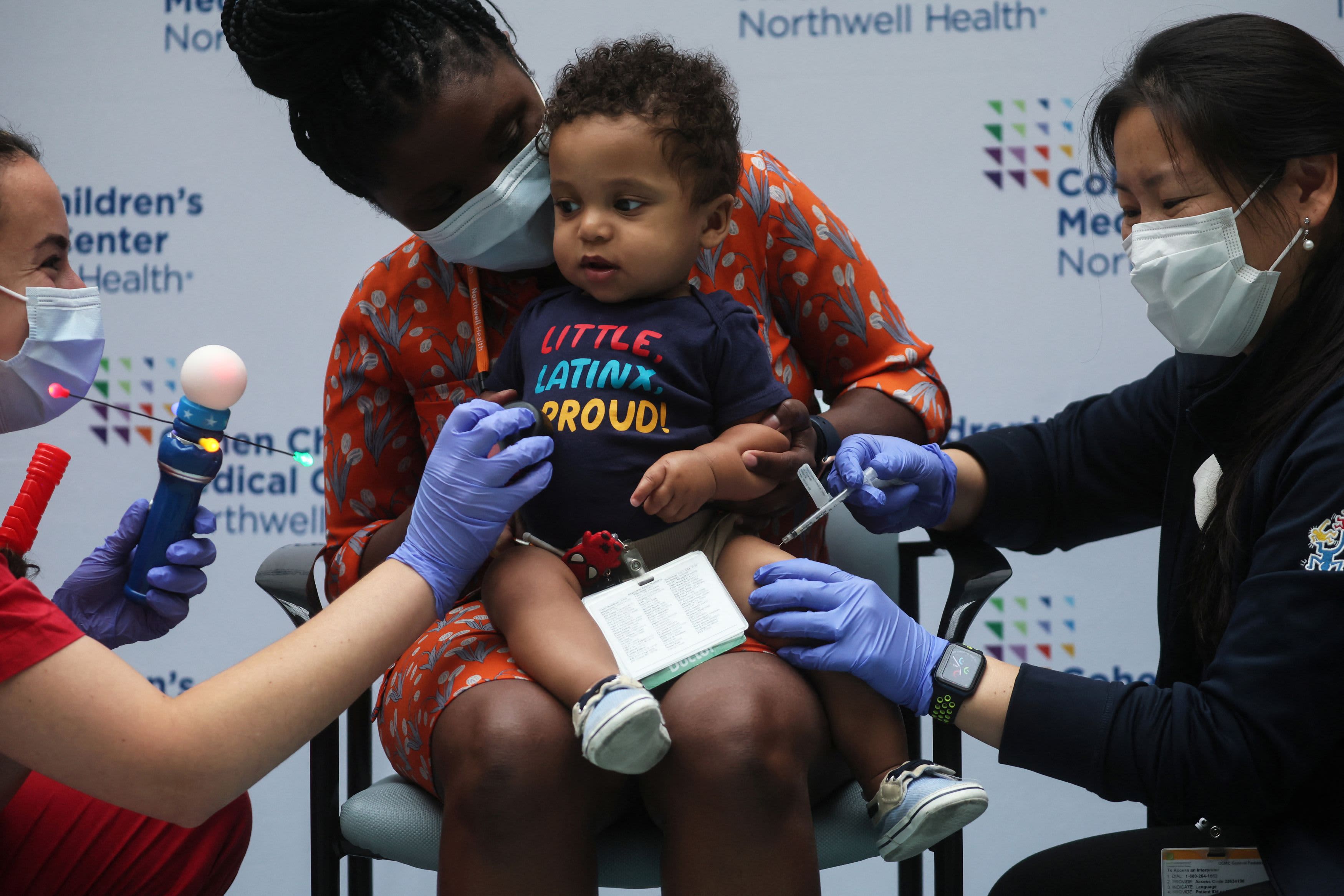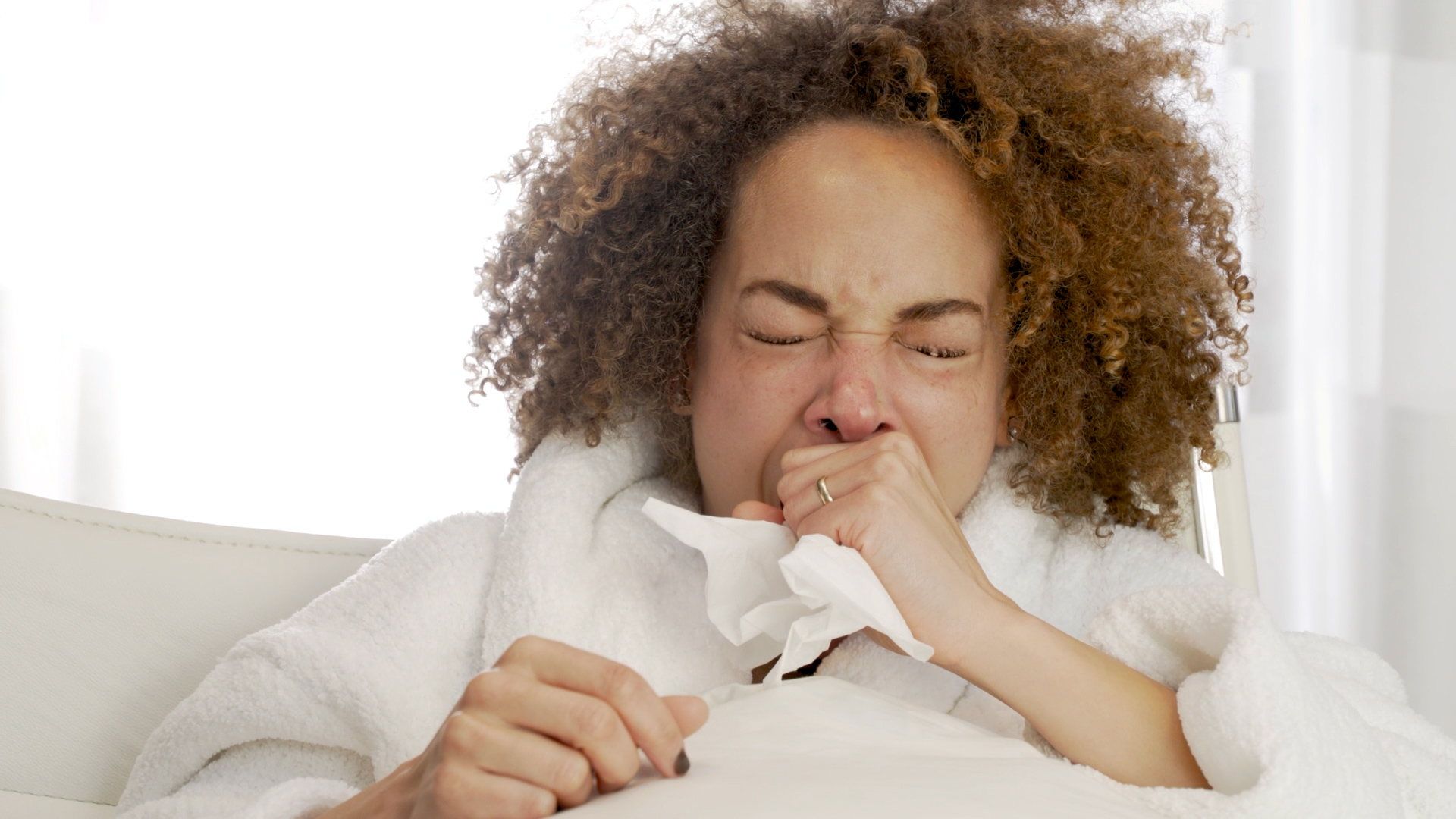COVID-19 case numbers and hospitalizations have dropped in recent weeks across Chicago, but some question whether smaller case counts can be attributed to an uptick in at-home COVID tests.
As of Thursday, the Chicago Department of Public Health reported an average of 675 confirmed cases each day, a 22% decline from a week prior. However, Dr. Allison Arwady, the commissioner of CDPH, noted the confirmed cases only included people who've had a "formal" test, such as a PCR test or ones conducted at pharmacies or doctor's offices.
Most at-home tests, according to the doctor, aren't included in overall case counts. Taking an at-home test has become the most convenient way to confirm a COVID infection, as millions of free test kits from the federal government have been distributed nationwide.
Even though most at-home test results aren't reported, Arwady doesn't advocate that people stop using them.
Feeling out of the loop? We'll catch you up on the Chicago news you need to know. Sign up for the weekly Chicago Catch-Up newsletter here.
"I want you to use at-home tests, I use at-home tests," the doctor said during a Facebook live question-and-answer session Thursday. "I took one yesterday, I took them the day before. They're very, very good."
After receiving a positive test result using an at-home kit or developing symptoms, some people have opted to get tested in clinical settings, where the results are officially reported.
However, doctors widely assert that getting another test isn't necessary if you've already tested positive using an at-home test.
As some COVID tests are going unreported, Arwady said health officials are especially paying attention to hospitalization data, which is less affected by testing than case counts.
An average of 15 Chicagoans were reported to be hospitalized for COVID as of Thursday, a sharp decrease from months earlier.
The city saw enough improvement in metrics that it dropped from "high" to "medium" community level COVID risk last week, as defined by the Centers for Disease Control and Prevention.
While some may question whether not reporting at-home COVID test results is detrimental to determining the overall COVID situation, Arwady and health officials say that's not the case.
Instead, she emphasized the importance of actions people should take if they contract COVID or are deemed a close contact, such as isolating and quarantining.
"Really all of that is much more important than us being able to count every single case," Arwady said. "We have a lot of different ways that we monitor what's happening with COVID."
While case counts are coming down across the city, precautions, such as wearing masks in indoor public settings, are recommended.
"We continue to be in a reasonably good place," the doctor stated. "I'll be even happier when we can get back down to "low" in terms of our community COVID risk level. But COVID is not fun, and it's not going to be gone."




